January 30 stands as one of history’s most eventful days, witnessing the rise and fall of empires, groundbreaking discoveries, and moments that shaped our modern world across centuries of human achievement.
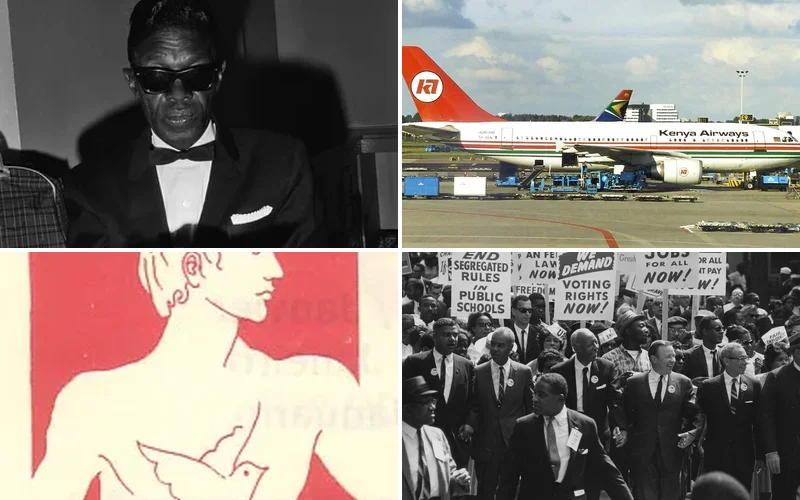
Politics and Government Events on January 30
1933 – Adolf Hitler Takes Office as Chancellor of Germany
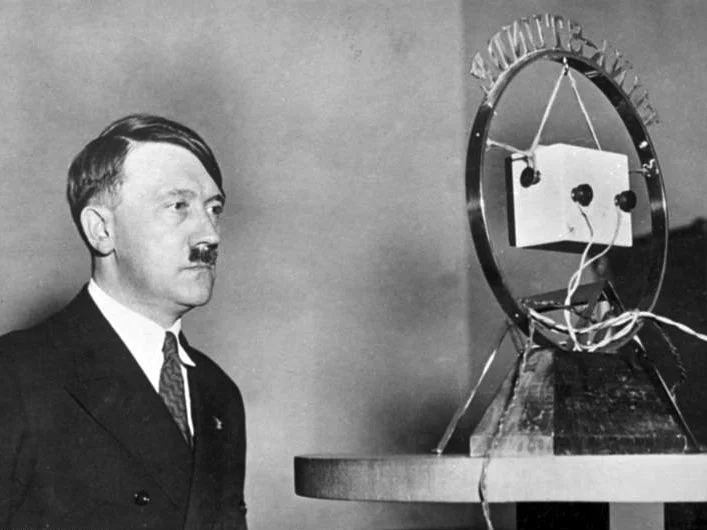
Adolf Hitler officially assumed the chancellorship of Germany on this date, marking the beginning of Nazi rule. The appointment would prove to be one of the most catastrophic political decisions in world history.
This moment fundamentally altered the trajectory of European politics and democracy. Hitler’s rise to power initiated a chain of events that would lead to World War II and the Holocaust.
1902 – First Anglo-Japanese Alliance Signed in London
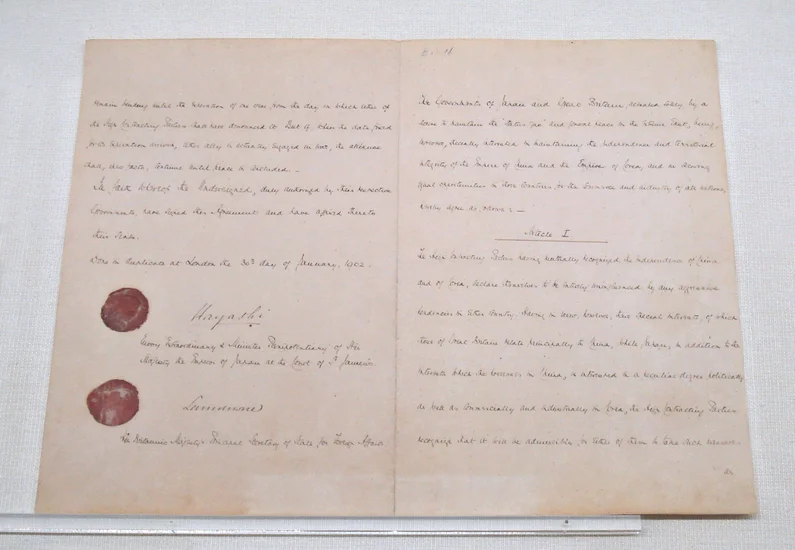
Britain and Japan forged their first formal military alliance, dramatically reshaping Pacific power dynamics. The agreement marked Japan’s emergence as a recognized world power and Britain’s strategic pivot toward Asia.
This alliance would prove crucial during the Russo-Japanese War of 1904-1905. The partnership represented a significant departure from traditional European diplomatic arrangements and colonial strategies.
1960 – African National Party Founded in Chad
Traditional political parties in Chad merged to form the African National Party, consolidating opposition to French colonial rule. The merger represented a crucial step toward organized independence movements across French Africa.
Local leaders successfully unified diverse tribal and regional interests under a single political banner. This political consolidation would prove essential for Chad’s eventual independence negotiations with France.
1948 – India Mourns Gandhi’s Assassination
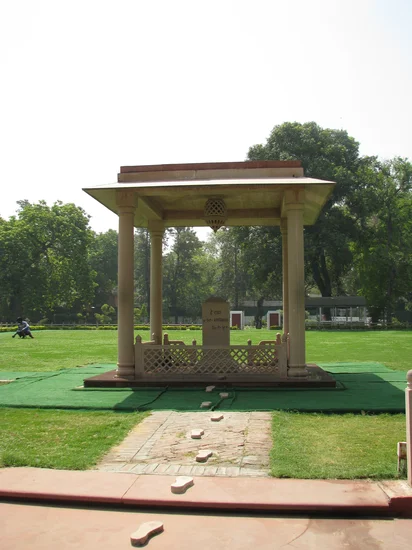
Prime Minister Jawaharlal Nehru delivered his famous “The light has gone out of our lives” broadcast following Mahatma Gandhi’s assassination. The speech galvanized a nation in mourning and established January 30 as Martyrs’ Day.
Nehru’s words captured the profound grief of millions while calling for unity and non-violence. The broadcast became one of the most memorable speeches in Indian political history.
1964 – Bloodless Coup in South Vietnam
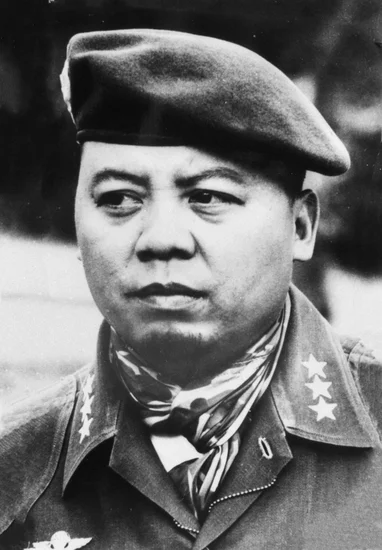
General Nguyễn Khánh successfully overthrew General Dương Văn Minh’s military junta without violence. The coup reflected the continuing political instability that plagued South Vietnam during the escalating conflict.
This change in leadership occurred amid growing American involvement in Vietnamese affairs. The bloodless transition demonstrated the fragility of South Vietnamese political institutions during wartime.
Military and Naval History on January 30
1968 – Vietnam War Tet Offensive Begins
North Vietnamese and Viet Cong forces launched their massive coordinated assault against South Vietnam and American forces. The offensive targeted major cities and military installations across the country simultaneously.
The attacks fundamentally changed American public perception of the Vietnam War’s progress. Despite tactical failures, the Tet Offensive achieved strategic success by undermining American support for continued military involvement.
1945 – Wilhelm Gustloff Sinking Claims 9,500 Lives
A Soviet submarine torpedoed the overcrowded German refugee ship Wilhelm Gustloff in the Baltic Sea. The maritime disaster became the deadliest in recorded history, far exceeding the Titanic’s death toll.
Approximately 10,000 German civilians were aboard the vessel fleeing advancing Soviet forces. The tragedy highlighted the devastating human cost of World War II’s final months.
1945 – Cabanatuan Prison Camp Liberation
American Rangers and Filipino resistance fighters executed a daring raid to liberate Allied prisoners from Japanese captivity. The operation successfully freed over 500 prisoners of war from the notorious Cabanatuan camp.
The raid demonstrated exceptional coordination between American and Filipino forces behind enemy lines. This rescue mission became one of the most celebrated special operations of the Pacific War.
1972 – Bloody Sunday Massacre in Northern Ireland
British paratroopers opened fire on unarmed civil rights marchers in Derry, killing 13 civilians immediately. The shootings occurred during a peaceful protest against internment without trial policies.
The massacre deepened sectarian divisions and fueled decades of continued violence in Northern Ireland. Bloody Sunday became a defining moment in the Irish struggle for civil rights and self-determination.
1942 – Japanese Forces Invade Ambon Island
Japanese military forces captured the strategic Dutch East Indies island of Ambon from Allied defenders. Following surrender, approximately 300 captured Allied troops were executed in violation of international law.
Only one-quarter of the remaining prisoners of war survived until the war’s end. The Ambon invasion exemplified the brutal treatment of Allied prisoners throughout the Pacific theater.
Science and Discovery Milestones on January 30
1982 – First PC Virus Code Written

Richard Skrenta created the first personal computer virus, consisting of 400 lines of code disguised as “Elk Cloner.” The Apple boot program represented the beginning of the computer security era.
This pioneering malware demonstrated the vulnerability of personal computing systems to malicious software. Skrenta’s creation sparked the development of entire cybersecurity industries and defensive technologies.
1995 – Hydroxycarbamide Approved for Sickle Cell Disease
The FDA approved hydroxycarbamide as the first preventive treatment for sickle cell disease, revolutionizing patient care. This breakthrough offered hope to millions suffering from this inherited blood disorder.
The approval represented decades of research into genetic diseases and their treatments. Patients could now prevent painful crises and reduce the need for blood transfusions significantly.
2013 – South Korea Launches First Rocket
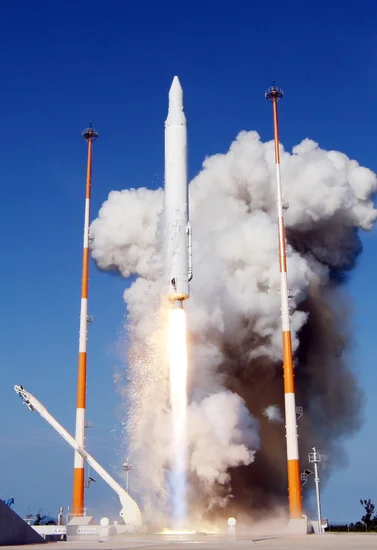
The Naro-1 became South Korea’s first domestically launched carrier rocket, marking the nation’s entry into space exploration. The successful launch demonstrated South Korea’s advancing technological capabilities and scientific ambitions.
This achievement positioned South Korea among the world’s space-faring nations alongside major powers. The launch represented years of technological development and international cooperation in aerospace engineering.
1975 – First National Marine Sanctuary Established

The Monitor National Marine Sanctuary became America’s first protected marine area, preserving the Civil War ironclad’s wreck site. This conservation milestone established precedent for protecting underwater cultural and natural resources.
The sanctuary system would eventually grow to protect marine ecosystems across American waters. This initiative demonstrated growing environmental awareness and commitment to preserving maritime heritage.
Cultural and Arts Events on January 30
1969 – Beatles’ Final Public Performance

The Beatles performed their last public concert on the roof of Apple Records in London before police intervention. The impromptu performance marked the end of the world’s most influential rock band’s public appearances.
Thousands gathered in the streets below to witness this historic moment in music history. The rooftop concert became an iconic symbol of the Beatles’ creative spirit and cultural impact.
2007 – Microsoft Releases Windows Vista
Microsoft Corporation launched Windows Vista, a major operating system release featuring significant interface and security improvements. The launch represented years of development and substantial investment in consumer computing technology.
Vista introduced new visual elements and enhanced security features to millions of users worldwide. Despite mixed reception, the operating system advanced personal computing capabilities and user experience design.
Religious and Social Events on January 30
1925 – Turkey Expels Patriarch Constantine VI
The Turkish government forcibly expelled Greek Orthodox Patriarch Constantine VI from Istanbul, escalating religious tensions. This action reflected the broader ethnic and religious conflicts following the Ottoman Empire’s collapse.
The expulsion demonstrated Turkey’s nationalist policies toward religious minorities during its modernization period. Such actions contributed to the ongoing deterioration of Greek-Turkish relations throughout the 20th century.
1956 – Martin Luther King Jr.’s Home Bombed
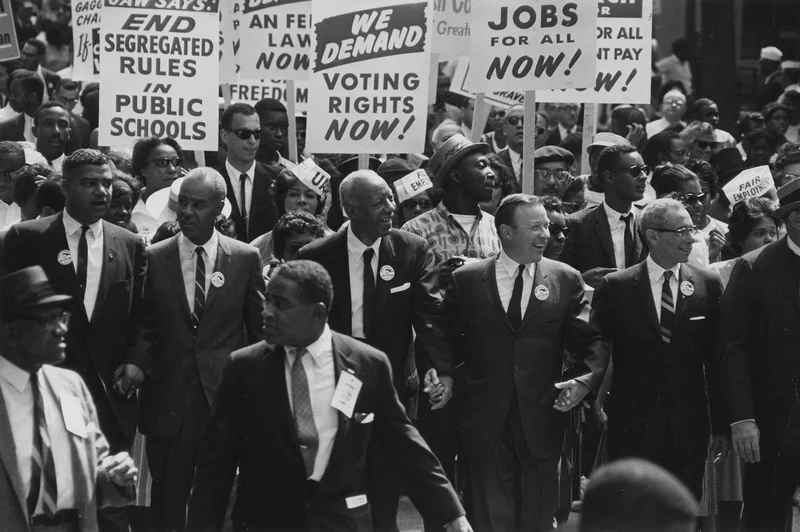
Segregationists bombed Civil Rights leader Martin Luther King Jr.’s home in retaliation for the Montgomery bus boycott. The attack escalated racial tensions during the pivotal civil rights campaign.
King’s response of non-violence despite the personal attack strengthened his moral authority and leadership. The bombing galvanized support for the civil rights movement both locally and nationally.
1908 – Gandhi Released from South African Prison
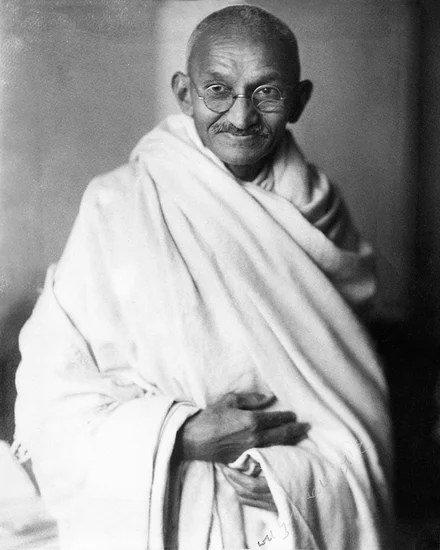
Mohandas Gandhi was released from jail after serving two months for his civil disobedience campaign. Jan C. Smuts ordered his release following intense pressure from Indian and British communities.
This imprisonment marked a crucial phase in Gandhi’s development of non-violent resistance tactics. The experience shaped his future leadership of India’s independence movement and global civil rights philosophy.
Business and Economic Events on January 30
1920 – Mazda Motor Company Founded
The Japanese company that would become Mazda Motor Corporation was established initially as a cork-producing business. The company’s transformation into automotive manufacturing would take several decades to complete.
This humble beginning eventually led to one of Japan’s major automotive manufacturers and exporters. Mazda’s evolution exemplified Japan’s post-war industrial transformation and technological innovation.
1930 – Soviet Dekulakization Campaign Begins
The Soviet Politburo ordered the systematic confiscation of kulak lands as part of forced collectivization policies. This campaign resulted in millions of executions and deportations of prosperous peasants.
The dekulakization process devastated Soviet agriculture and rural communities for decades. These policies contributed to widespread famine and fundamentally altered the Soviet Union’s economic structure.
1972 – Pakistan Leaves Commonwealth
Pakistan withdrew from the Commonwealth of Nations in protest of Bangladesh’s international recognition following its independence war. The decision reflected Pakistan’s isolation after losing East Pakistan.
This diplomatic withdrawal demonstrated Pakistan’s frustration with international community responses to the Bangladesh crisis. The move temporarily severed important economic and political ties with former British territories.
Transportation and Infrastructure on January 30
1911 – First Airplane Sea Rescue
The USS Terry performed the first airplane rescue at sea, saving pilot Douglas McCurdy 16 kilometers from Havana, Cuba. This pioneering rescue operation demonstrated aviation’s potential for maritime safety applications.
The successful rescue proved that coordination between naval and aviation forces could save lives at sea. This precedent established protocols for air-sea rescue operations that continue today.
1948 – British Airways Flight Disappears Over Bermuda Triangle
British South American Airways’ Tudor IV Star Tiger vanished without trace over the Atlantic Ocean. The mysterious disappearance contributed to legends surrounding the so-called Bermuda Triangle phenomenon.
No wreckage or survivors were ever found despite extensive search operations. The incident became one of aviation’s most enduring mysteries and sparked decades of speculation.
1959 – MS Hans Hedtoft Sinks on Maiden Voyage
The specially designed Arctic vessel MS Hans Hedtoft struck an iceberg and sank during its inaugural journey. All 95 passengers and crew members perished in the disaster.
The tragedy was particularly ironic given the ship’s specific design for operating in icebound waters. The sinking demonstrated that even the most advanced maritime technology remained vulnerable to natural hazards.
2000 – Kenya Airways Flight 431 Crashes
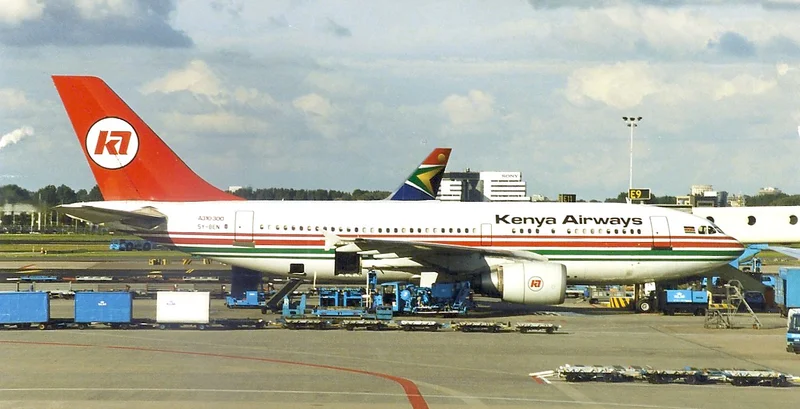
Kenya Airways Flight 431 crashed into the Atlantic Ocean off Ivory Coast, killing all 169 people aboard. The disaster marked one of the deadliest aviation accidents in African history.
The crash highlighted safety concerns about African aviation infrastructure and international flight operations. Investigations revealed multiple factors contributing to the tragic loss of life.
Sports and Recreation on January 30
1959 – End of Jebel Akhdar War in Oman
The Sultanate of Muscat’s forces captured the final strongholds of the Imamate of Oman at Saiq and Shuraijah. This military victory effectively ended the Jebel Akhdar War and consolidated Omani territory.
The conflict had lasted several years and involved British military support for the Sultan. The war’s conclusion established modern Oman’s territorial boundaries and political structure.
1944 – Battle of Cisterna Begins
Allied forces launched the Battle of Cisterna as part of Operation Shingle in central Italy. The engagement represented a crucial phase of the Italian campaign during World War II.
The battle tested Allied coordination and German defensive capabilities in the Mediterranean theater. Strategic outcomes from Cisterna influenced subsequent Allied operations throughout Italy.
1974 – Pan Am Flight 806 Crashes in American Samoa
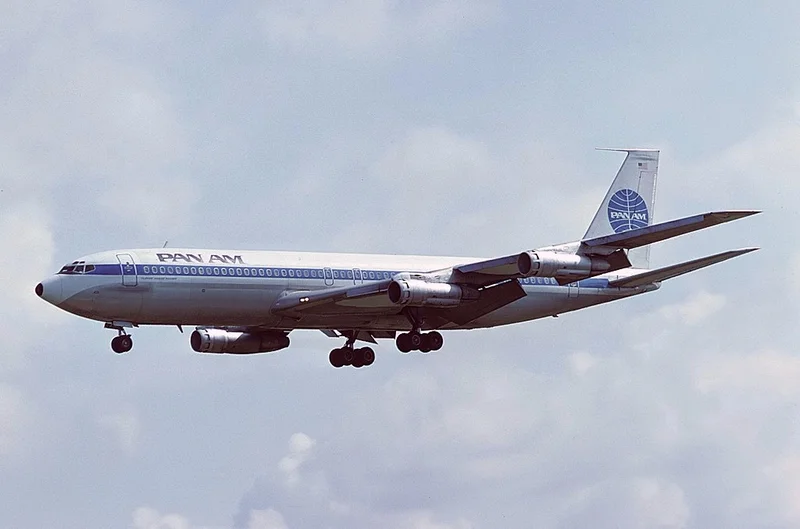
Pan American World Airways Flight 806 crashed near Pago Pago International Airport, killing 97 passengers and crew. The disaster shocked the Pacific aviation community and prompted safety investigations.
The crash highlighted challenges of operating large commercial aircraft in remote Pacific locations. Weather conditions and airport infrastructure were identified as contributing factors to the tragedy.
Notable Births on January 30
1930 – Gene Hackman, American Actor
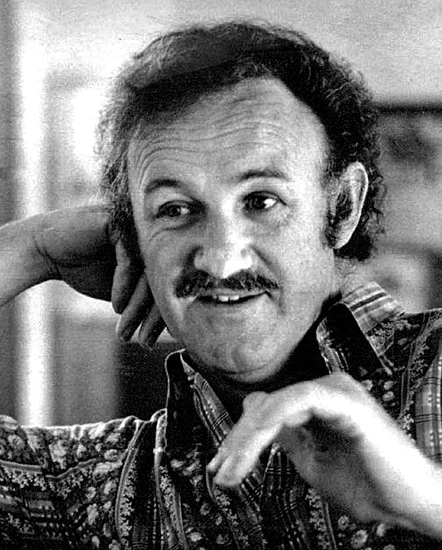
Gene Hackman was born in San Bernardino, California, and would become one of America’s most respected character actors. His powerful performances earned him two Academy Awards and five nominations.
Hackman’s versatility allowed him to excel in both dramatic and action roles throughout his career. His memorable performances in films like “The French Connection” and “Unforgiven” established him as a Hollywood legend.
1937 – Vanessa Redgrave, English Actress
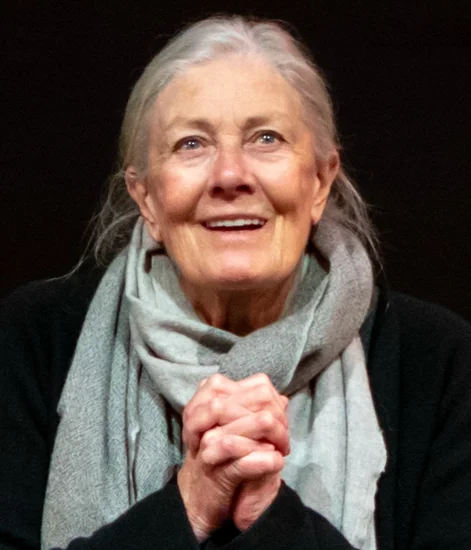
Vanessa Redgrave entered the world in London, destined to become one of Britain’s most celebrated performers. Her theatrical legacy spans over six decades of distinguished stage and screen work.
Redgrave’s commitment to both artistic excellence and political activism made her a unique figure in entertainment. Her performances earned her numerous awards including an Academy Award, Golden Globes, and BAFTAs.
1951 – Phil Collins, English Musician

Phil Collins was born in London and would become one of the most successful musicians of the 1980s. His career spanned both Genesis and a highly successful solo recording career.
Collins’ distinctive voice and drumming skills made him a global superstar with numerous hit songs. His music achieved both commercial success and critical acclaim across multiple decades.
1974 – Christian Bale, British Actor

Christian Bale was born in Wales and developed into one of cinema’s most dedicated method actors. His commitment to physical transformation for roles became legendary in Hollywood.
Bale’s performances in films like “The Dark Knight” trilogy and “American Psycho” showcased his extraordinary range. His dedication to character preparation earned him an Academy Award and critical acclaim.
1927 – Olof Palme, Swedish Prime Minister
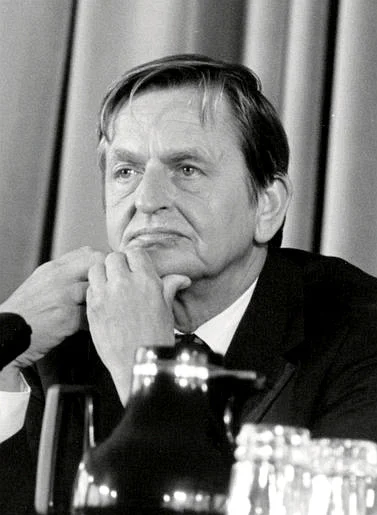
Olof Palme was born in Stockholm and would become one of Sweden’s most influential political leaders. His progressive policies and international diplomacy shaped modern Scandinavian politics.
Palme’s leadership during the Cold War era established Sweden as a neutral voice in international affairs. His assassination in 1986 shocked the world and remains one of Sweden’s most famous unsolved crimes.
1925 – Douglas Engelbart, American Computer Scientist
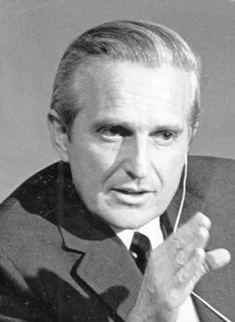
Douglas Engelbart was born in Oregon and would revolutionize human-computer interaction through his innovations. His invention of the computer mouse fundamentally changed how people interact with computers.
Engelbart’s vision of augmenting human intellect through technology preceded the personal computer revolution by decades. His work laid the foundation for modern computing interfaces and user experience design.
1969 – Abdullah II of Jordan
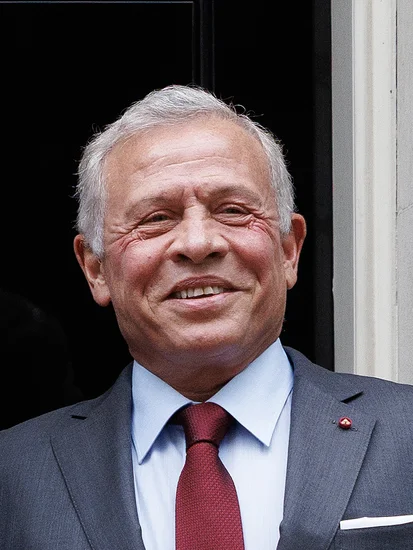
Abdullah II was born in Amman and would become Jordan’s King following his father’s death. His education in Britain and the United States prepared him for modern leadership challenges.
Abdullah’s reign has focused on modernization, regional stability, and economic development. His leadership during Middle Eastern conflicts has established Jordan as a crucial diplomatic partner.
1962 – King Abdullah II of Jordan
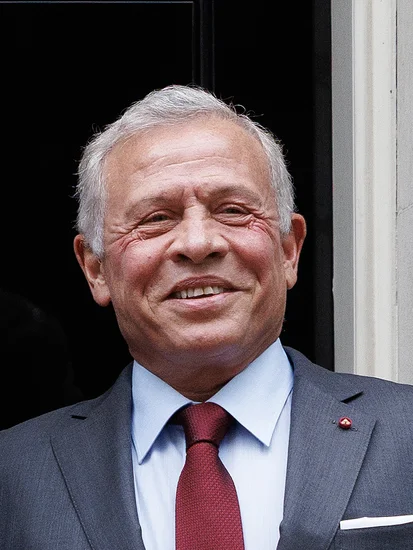
King Abdullah II was born in Amman, Jordan, and educated at prestigious military academies. His multicultural upbringing prepared him for leadership in the complex Middle Eastern political landscape.
Abdullah has worked to modernize Jordan while maintaining stability in a volatile region. His diplomatic efforts have made Jordan a key ally in Middle Eastern peace processes.
Notable Deaths on January 30
1948 – Mahatma Gandhi, Indian Independence Leader
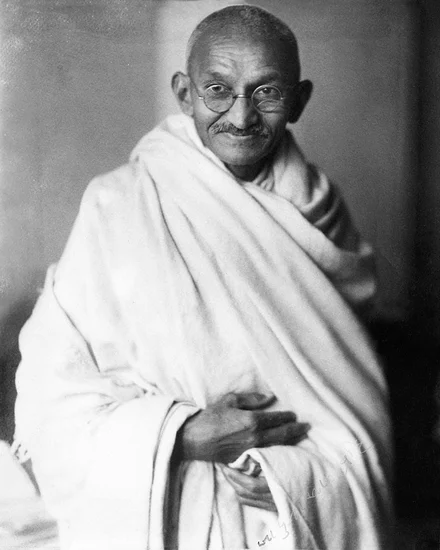
Mahatma Gandhi was assassinated in New Delhi while walking to his daily prayer meeting. His death shocked the world and marked the end of one of history’s greatest advocates for non-violent resistance.
Gandhi’s philosophy of satyagraha influenced civil rights movements worldwide for decades. His assassination by a Hindu nationalist demonstrated the religious tensions that plagued newly independent India.
1948 – Orville Wright, Aviation Pioneer
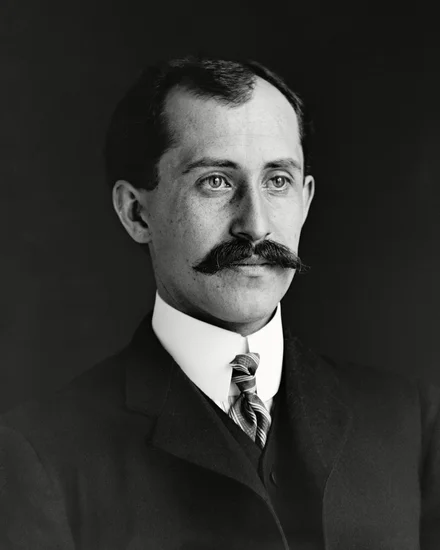
Orville Wright died in Dayton, Ohio, after a lifetime of aviation innovation following his historic first flight. His death marked the end of the Wright brothers’ era in aviation history.
Wright witnessed aviation’s evolution from his 12-second flight to jet aircraft and space exploration. His contributions to human flight fundamentally changed transportation, warfare, and global connectivity.
1951 – Ferdinand Porsche, Automotive Engineer
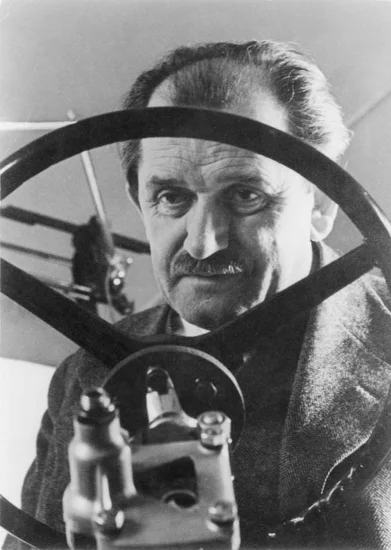
Ferdinand Porsche died in Stuttgart, Germany, after founding one of the world’s most prestigious automotive companies. His engineering innovations revolutionized both racing and luxury automobile manufacturing.
Porsche’s designs influenced automotive engineering for decades beyond his death. His company continues to represent the pinnacle of performance and luxury in automotive manufacturing.
2006 – Coretta Scott King, Civil Rights Leader
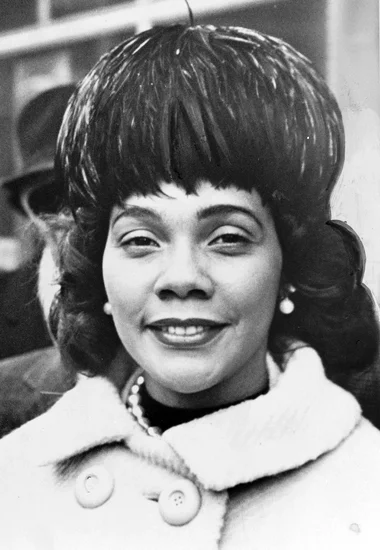
Coretta Scott King died in Mexico after decades of continuing her husband’s civil rights legacy. Her leadership of the King Center preserved Martin Luther King Jr.’s memory and teachings.
King’s advocacy for non-violence and social justice inspired generations of activists worldwide. Her efforts to establish Martin Luther King Jr. Day as a national holiday succeeded in 1983.
1991 – John Bardeen, Nobel Prize-Winning Physicist
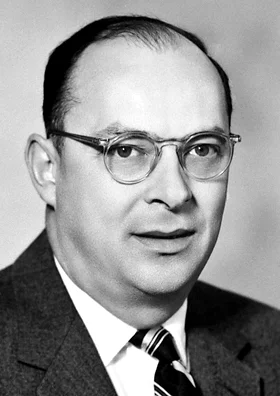
John Bardeen died as the only person to win Nobel Prizes in Physics twice. His work on transistors and superconductivity fundamentally shaped modern electronics and computing.
Bardeen’s transistor invention at Bell Labs launched the semiconductor revolution and modern computing age. His contributions to solid-state physics continue to influence technology development worldwide.
1963 – Francis Poulenc, French Composer
Francis Poulenc died in Paris after a distinguished career as one of France’s most important 20th-century composers. His works bridged classical traditions with modern harmonic innovations.
Poulenc’s compositions for piano, voice, and chamber ensembles remain staples of classical repertoire. His music combined sophisticated technique with accessibility and emotional directness.
1982 – Lightnin’ Hopkins, Blues Musician
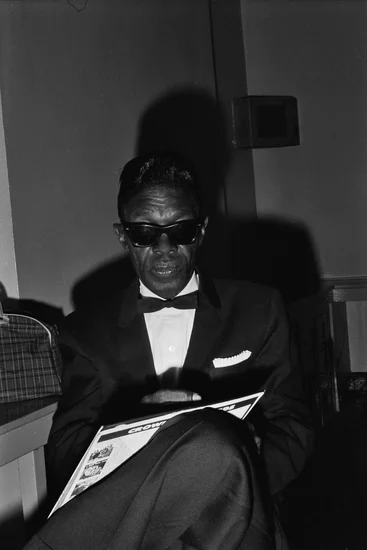
Lightnin’ Hopkins died in Houston, Texas, after a career that defined Texas blues for generations. His improvisational guitar style and storytelling influenced countless musicians.
Hopkins recorded hundreds of songs and performed for over four decades throughout the American South. His authentic blues style preserved African American musical traditions and influenced rock music development.
2021 – Sophie, Electronic Music Pioneer

Sophie died in Athens, Greece, as one of the most innovative producers in electronic music. Her experimental approach to sound design influenced pop music and LGBTQ+ representation.
Sophie’s work with artists like Charli XCX and her solo albums pushed boundaries in electronic music production. Her identity as a transgender artist made her a powerful voice for LGBTQ+ visibility.
Holidays and Observances on January 30
Martyrs’ Day in India
India observes Martyrs’ Day on January 30 to commemorate Mahatma Gandhi’s assassination and honor those who died for independence. The day includes prayer services, tributes, and educational programs about non-violence.
Government officials and citizens gather at Gandhi’s memorial in New Delhi for ceremonial observations. Schools and institutions organize programs highlighting Gandhi’s philosophy and India’s struggle for freedom.
Fred Korematsu Day
California, Florida, Hawaii, and Virginia recognize Fred Korematsu Day honoring the civil rights activist who challenged Japanese American internment. The observance promotes awareness of civil liberties and constitutional rights.
Educational institutions use this day to teach about wartime civil rights violations and constitutional protections. Korematsu’s legal challenge to internment camps exemplifies individual courage against government overreach.
School Day of Non-violence and Peace in Spain

Spanish schools observe this day with programs promoting peace education and conflict resolution. Students participate in activities emphasizing tolerance, understanding, and peaceful coexistence.
The observance connects Gandhi’s philosophy with contemporary peace education in Spanish curriculum. Schools organize assemblies, creative projects, and discussions about non-violent social change.
